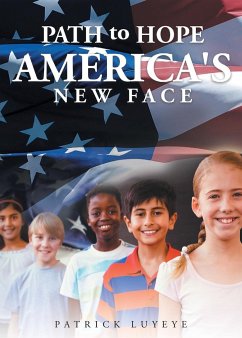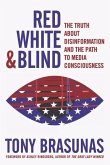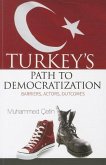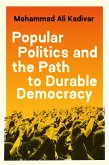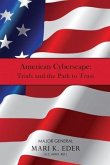Life is the pursuit of happiness, something that is ordained not by men, but bestowed by God. Our path to hope is our purpose, something we all must discover if we are to truly live up to our potential as human beings. This book addresses one of the most pressing concerns facing our country today: immigration and cultural diversity. One is the problem and the other is the solution. As a citizen of the world, I will use my experiences to show how cultural diversity is not to be feared, but used to benefit us all. In difficult economic times, native citizens will naturally look for scapegoats; and immigrants, both legal and illegal, fit the bill. But if we are to move forward, we need to find ways to allow immigrants to freely contribute to our society in order to solve the problems we accuse them of causing. If we embrace the cultural diversity rather than fight it, we will succeed. In the global economy, we cannot afford to discount such a valuable resource as the many who leave their homes for a better life, fueled by their own path to hope. Immigration isn't the problem, it's the answer! Even when unemployment is high, millions of jobs remain unfilled Forty-nine percent of businesses find it hard to fill critical jobs, 15 percent above the global average. By 2018, science, technology, engineering, and mathematics jobs won't be filled even if every American graduate with an advanced degree finds employment. Immigrants bring critical skills Construction will add 1.8 million jobs by 2020. Sixty percent of Latino immigrants arrive with a sophisticated knowledge of the trade. Twenty percent of scientists and engineers in the United States are foreign-born. Immigrants are 13 percent of the US population but make up 28 percent of in-home health workers. Immigrants have higher work force participation rates than those born in the United States. The United States must attract and retain human capital Immigration caps force twenty thousand American-educated students to leave the United States every year. As the US population ages, unfilled jobs will hinder growth By 2030, the United States will need to add 25 million workers to the labor force to sustain current growth. Without immigrants, the United States will not have enough new workers to support retirees. More than one-third of the US population growth is attributed to new immigrants. By 2050, 93 percent of growth in the US working-age population will be due to immigrants and their children. Seventy-five percent of the foreign-born labor force is in the vital 25-54-year-old category-higher than their US-born counterparts. Multilingual immigrants boost trade Every one hundred H1-B visas create 183 jobs for American-born workers. Every one hundred H2-B visas create 464 additional jobs.
Hinweis: Dieser Artikel kann nur an eine deutsche Lieferadresse ausgeliefert werden.
Hinweis: Dieser Artikel kann nur an eine deutsche Lieferadresse ausgeliefert werden.

